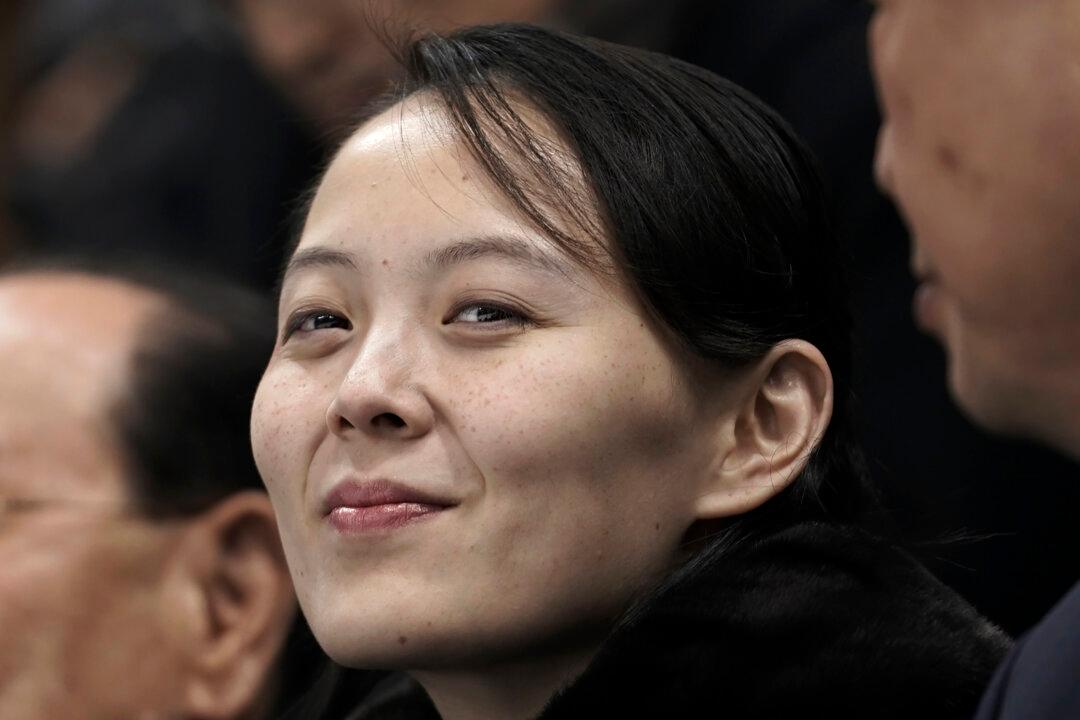Kim Jong Un’s sister, Kim Yo Jong, decried National Security Adviser Jake Sullivan’s recent comments, saying his expectation of resuming talks between the two countries “would plunge them into a greater disappointment.”
In response to Kim Jong Un’s command last week ordering officials to prepare for both dialogue and confrontation, Sullivan told ABC News on Sunday that “His comments this week we regard as an interesting signal. And we will wait to see whether they are followed up with any kind of more direct communication to us about a potential path forward.”





